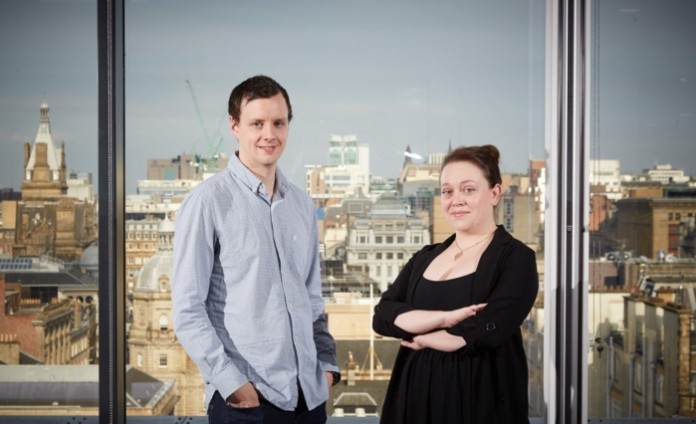Scotland’s dominant industries are failing to prepare for an era of profound disruption, according to technology experts.
Financial advisors Grant Thornton, and business transformation consultants, This Is Milk, claim many companies and individuals have yet to recognise the cultural and economic shifts set to take place as machine learning, artificial intelligence and automation overtake service and people-based roles.
Recent debate over Scotland’s economic prospects has focused primarily on politics, with Brexit and a potential second independence referendum dominating the agenda. However, increasing globalisation and major technological advances could create unprecedented change, with thousands of traditional careers redundant and a shortage of skills in new tech-focused roles.
Grant Thornton and This is Milk are calling for greater collaboration between political and business leaders, and increased investment in digital readiness, to ensure that the country’s economy is prepared for a ‘decade of disruption’.
The firms recently brought together industry leaders in Glasgow to debate the topic, with widespread agreement that action is needed now to address Scotland’s tech-driven future. Among the speakers was Director of Ergo Law, Emma Reid.
Emma commented:
“As employment lawyers we learn a great deal about the world of work and many different types of jobs. We see the effects of technology on a wide range of industries and how this translates for employees of all descriptions. There is no doubt that technology is having an impact on, and shaping our own profession too. It is clear that new technology provides opportunities for the profession to change how it provides its services. However, we also think that there is renewed opportunity to provide legal advice, which is distinguished by a human approach. We think that this is especially true in the arena of employment law which is just another form of human relationship.”
Angela Prentner-Smith, Founder and MD of This is Milk, said:
“We’ve heard a lot in recent times about the new so-called disrupters in the industry, such as Uber and AirBnB, but that’s only part of the story. The pace of technological change is now so rapid that all businesses will face some disruption.
“Increasing automation and artificial intelligence poses a significant threat to jobs, but only if businesses and politicians ignore the change that is coming. By embracing new technology and using it to empower our business strategies, there’s an opportunity to develop a completely new, sustainable economy that benefits us all.”
Stuart Mackay, Technology consultant at Grant Thornton in Scotland, added:
“In the next ten years, the rate of technological development is expected to outpace what we’ve witnessed in the last century. An increasingly dramatic, complex world creates uncertainty, but there also many opportunities. Scotland’s tech sector is already flourishing with a raft of new global players, including games developers, life science firms and online retailers.
“The decisions and actions we take as a country over the next few years will be crucial. We need to focus on ensuring digital infrastructure is future-proofed, our students are up-skilled and ready to play leading roles in new industries and our wider economy is proactive about taking on the challenge of the disruption era.”



















